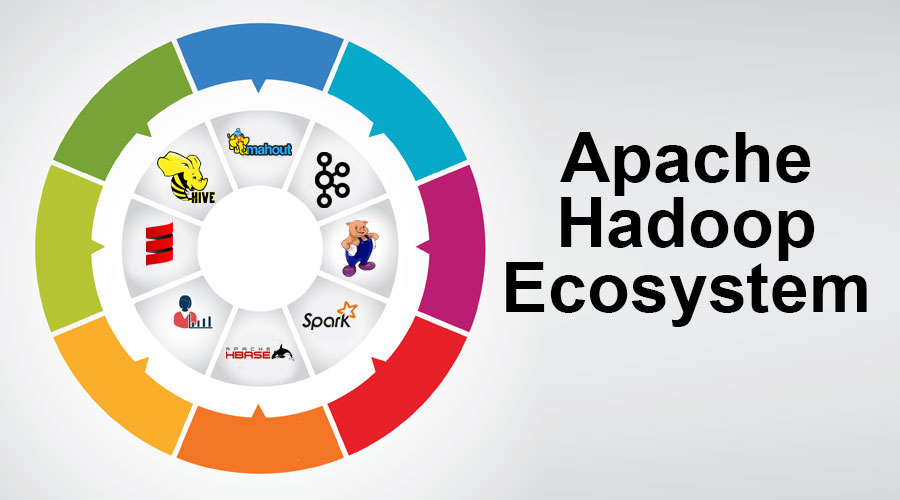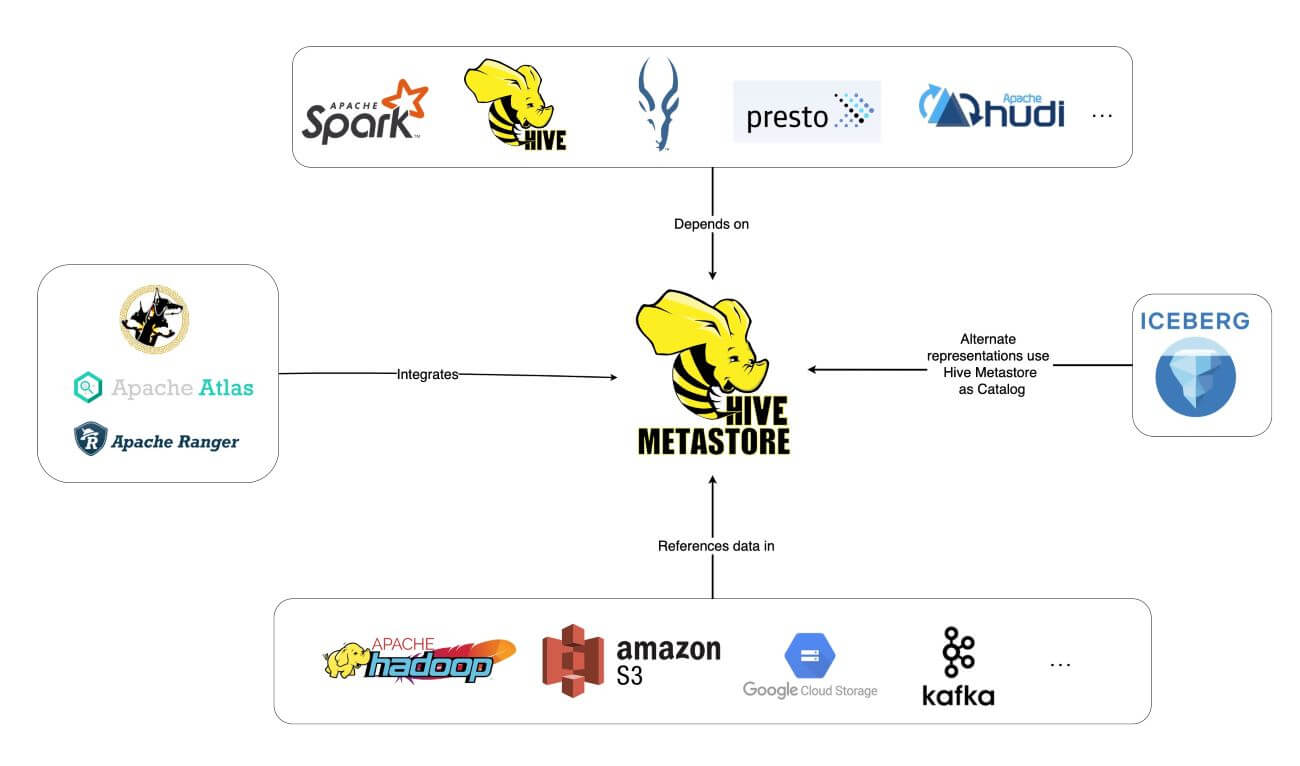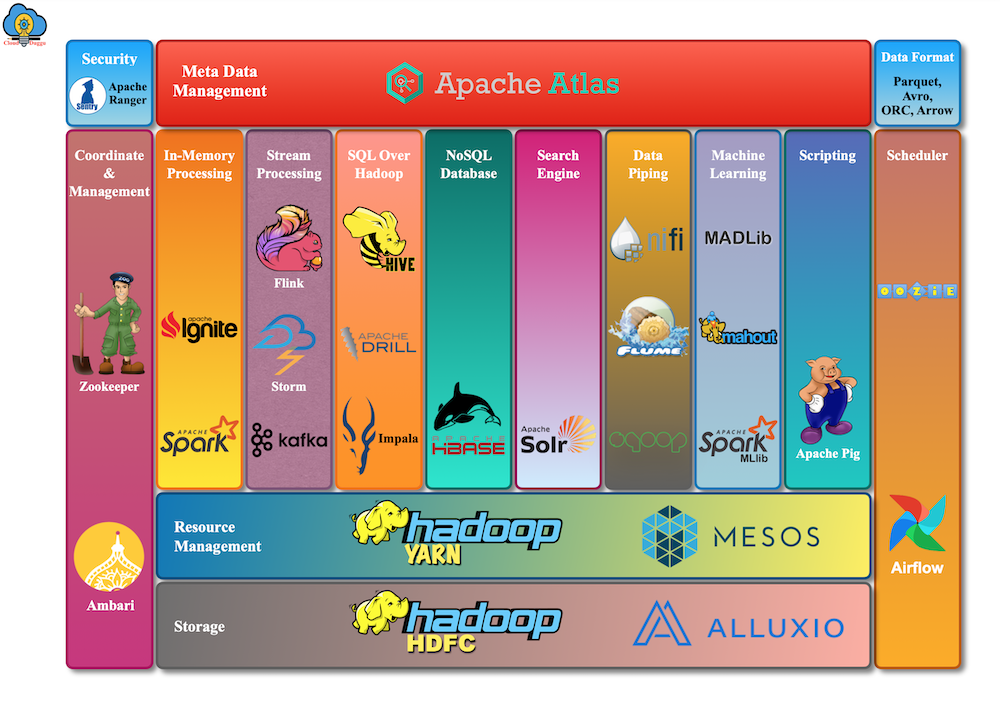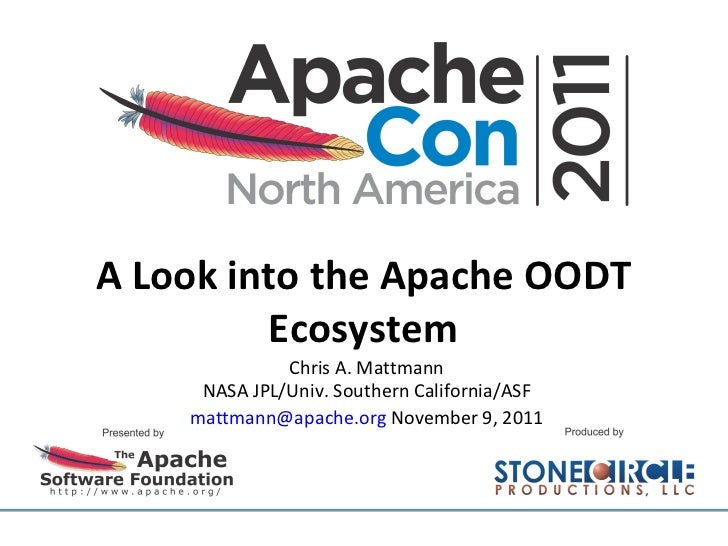Navigating The Apache Ecosystem: A Comprehensive Guide To Apache’s Diverse Landscape
Navigating the Apache Ecosystem: A Comprehensive Guide to Apache’s Diverse Landscape
Related Articles: Navigating the Apache Ecosystem: A Comprehensive Guide to Apache’s Diverse Landscape
Introduction
With great pleasure, we will explore the intriguing topic related to Navigating the Apache Ecosystem: A Comprehensive Guide to Apache’s Diverse Landscape. Let’s weave interesting information and offer fresh perspectives to the readers.
Table of Content
Navigating the Apache Ecosystem: A Comprehensive Guide to Apache’s Diverse Landscape

The Apache Software Foundation (ASF) is a renowned non-profit organization dedicated to open-source software development. Its vast ecosystem, encompassing over 200 projects, plays a pivotal role in shaping the digital landscape. This article provides a comprehensive overview of the Apache ecosystem, focusing on its diverse projects and their significance.
Understanding the Apache Ecosystem
The Apache ecosystem is characterized by its diverse range of projects, each addressing specific needs and domains within the technology world. These projects are developed collaboratively by a global community of developers, adhering to the ASF’s commitment to open-source principles.
Key Areas of Apache Projects:
- Web Servers and Infrastructure: Apache HTTP Server, the foundation of the web, remains a dominant force in web server technology. Its stability, security, and extensibility have made it a cornerstone of the internet. Apache Tomcat, another prominent project, powers Java-based web applications, offering a reliable and scalable platform for enterprise deployments.
- Databases and Data Management: Apache Cassandra, a distributed NoSQL database, excels in handling massive datasets and high-volume operations. Apache Hive, a data warehouse system built on Hadoop, facilitates data analysis and querying of large datasets. Apache Spark, a powerful data processing engine, offers lightning-fast processing for both batch and real-time data.
- Big Data and Cloud Computing: Apache Hadoop, a distributed computing framework, revolutionized big data processing. Apache Kafka, a distributed streaming platform, enables real-time data ingestion and processing. Apache CloudStack, a comprehensive cloud management platform, provides infrastructure-as-a-service capabilities.
- Security and Identity Management: Apache Shiro, a powerful Java security framework, provides comprehensive authentication, authorization, and cryptography capabilities. Apache Tika, a content analysis toolkit, extracts metadata and text from various file formats, facilitating security analysis and information retrieval.
- Other Notable Projects: Apache POI, a Java library for manipulating Microsoft Office file formats, is widely used for document processing. Apache Ant, a build automation tool, simplifies software build processes. Apache Maven, a project management and comprehension tool, streamlines the development lifecycle.
Navigating the Apache Ecosystem:
The Apache ecosystem offers a vast array of projects, each with its unique strengths and applications. To navigate this landscape effectively, it is essential to understand the project’s purpose, its key features, and its potential use cases. The Apache website provides comprehensive documentation, tutorials, and community forums for each project, offering valuable resources for developers and users.
FAQs about the Apache Ecosystem:
Q1: What are the benefits of using Apache projects?
A1: Apache projects offer numerous benefits, including:
- Open Source: All Apache projects are open-source, allowing for free access, modification, and distribution. This fosters collaboration and innovation within the development community.
- Community-Driven: Apache projects are developed and maintained by a large and active community of developers, ensuring ongoing support and improvements.
- Stability and Reliability: Apache projects are renowned for their stability, reliability, and maturity, having been tested and refined over years of development.
- Extensive Documentation: Comprehensive documentation and tutorials are available for each project, making it easier for developers to learn and implement them.
- Security Focus: Apache projects prioritize security, implementing robust measures to protect against vulnerabilities and attacks.
Q2: How can I contribute to Apache projects?
A2: Contributing to Apache projects is encouraged and valued. You can contribute by:
- Reporting Bugs: If you encounter issues, report them to the project’s bug tracker.
- Submitting Patches: Contribute code fixes or improvements to the project.
- Writing Documentation: Help improve the project’s documentation by adding or updating content.
- Participating in Discussions: Engage in discussions on the project’s mailing list or forum.
Q3: How do I choose the right Apache project for my needs?
A3: Choosing the right Apache project depends on your specific requirements. Consider factors like:
- Project Purpose: Identify the project that aligns with your intended use case.
- Features and Functionality: Assess the project’s features and functionality to ensure they meet your needs.
- Community Support: Consider the project’s community size and activity level for ongoing support.
- Documentation and Resources: Evaluate the availability of comprehensive documentation and tutorials.
Tips for Working with Apache Projects:
- Read the Documentation: Thoroughly review the project’s documentation before starting development.
- Utilize Community Resources: Engage with the project’s community for guidance and support.
- Follow Best Practices: Adhere to the project’s coding standards and best practices.
- Stay Updated: Keep track of project updates and releases to ensure you’re using the latest version.
Conclusion:
The Apache ecosystem is a testament to the power of open-source collaboration. Its diverse projects have become essential tools for developers, businesses, and organizations worldwide. By understanding the Apache ecosystem’s landscape, its key projects, and its benefits, developers can leverage its power to build innovative and reliable solutions. As the ASF continues to foster open-source development, the Apache ecosystem is poised to play an even greater role in shaping the future of technology.

:max_bytes(150000):strip_icc()/GettyImages-562610531-DeepDesertPhoto-5702fea91aff4f6e87eb963187dc4a12.jpg)
:max_bytes(150000):strip_icc()/GettyImages-92238768-a_berent-68b9eed169ff49eaafb7228e5e9aa5ea.jpg)
:max_bytes(150000):strip_icc()/GettyImages-143509005-DBushuePhotography-9f7b627759c94b3a8ef5e7a962d9ee42.jpg)




Closure
Thus, we hope this article has provided valuable insights into Navigating the Apache Ecosystem: A Comprehensive Guide to Apache’s Diverse Landscape. We hope you find this article informative and beneficial. See you in our next article!